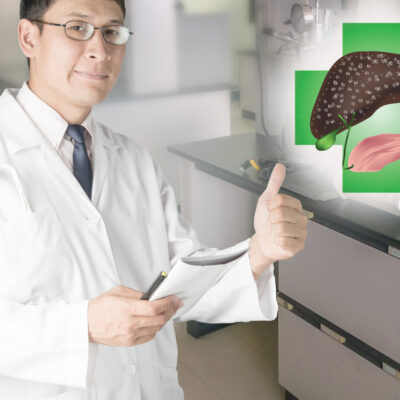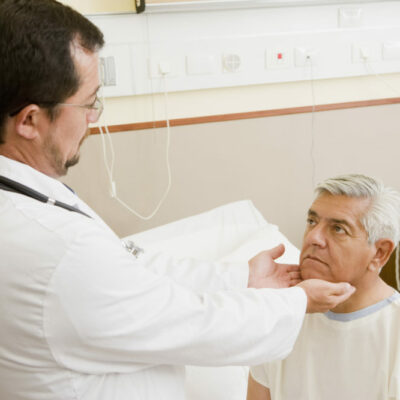
Health
5 natural treatments for erectile dysfunction
Erectile dysfunction (ED) is a condition that results in the inability of a man to sustain or get an erection. There are several causes of the condition, and it can affect men of all ages. It can also lead to other health complications if not checked in time. While there are medications to treat ED to some extent, one can make simple lifestyle changes and explore natural treatments for erectile dysfunction. 1. Exercise There has been extensive research done in this field to conclude that exercise can help overcome the issues faced on account of ED. According to a study conducted by Harvard, walking for thirty minutes every day reduces the chances of developing the condition by 41%. Moderate exercise is also a treatment for erectile dysfunction to restore one’s vigor and improve performance in middle-aged men who are also suffering from obesity. 2. Proper diet One can incorporate more fruits, vegetables, fish, and whole grains in their daily diet to supplement proper nutrition. Also, reducing the consumption of red and processed meat and refined grains reduces the likelihood of suffering from the condition over a period. 3. Sleep and rest It may come as a surprise for many, but poor sleeping habits and patterns can increase the risk of suffering from ED.
Read More 















